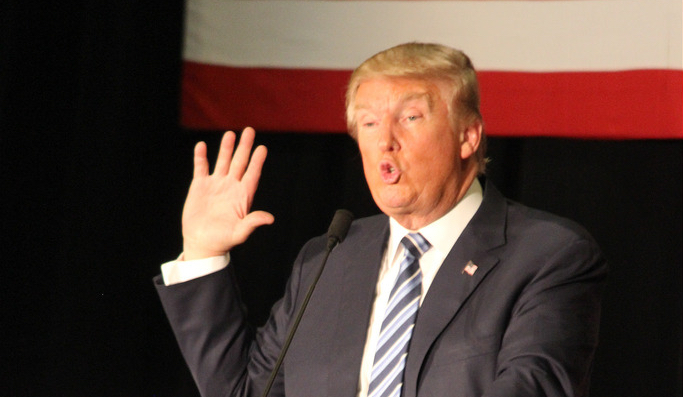The real reason Donald Trump’s “National Emergency” doesn’t stand a chance

Donald Trump promised his base that he would build a wall on the country’s southern border, despite the fact that it makes no sense from a national security, economic, or logistic point of view. Significantly, Mexico was supposed to pay for this monument to stupidity. But Mexico refused from the start, and Democrats in Congress are proving to be equally recalcitrant. So Trump is threatening to declare a “national emergency” to get his wall built. Unfortunately for Trump, it’s not that simple.
In a totalitarian state, the dictator can declare a “national emergency,” then do virtually anything that s/he wants, such as building useless walls along the nation’s borders. For example, if Putin wants to build a wall along the length of the Baltic states’ borders, he can order it, and it will be built. Since Putin can do it, Trump thinks he should be able to do it too. However, as of the date of this article, the U.S. is not a totalitarian state. There are laws that Trump must follow which preclude him from declaring a “national emergency” just so he can build his precious border wall.
The National Emergencies Act (50 USC Sections 1601 et seq.) sets forth a number of procedures that a president must follow to declare a “national emergency” and then take actions pursuant to such a declaration. Section 1622 provides in part, “When the President declares a national emergency, no powers or authorities made available by statute for use in the event of an emergency shall be exercised unless and until the President specifies the provisions of law under which he proposes that he, or other officers will act.” Nominally, Trump is aware of this requirement since on May 18, 2018, he renewed the “National Emergency With Respect to the Stabilization of Iraq” “pursuant to the International Emergency Economic Powers Act (50 U.S.C. 1701-1706).”
Unfortunately for Trump, the IEEPA’s presidential authority can only be “exercised to deal with any unusual and extraordinary threat, which has its source in whole or substantial part outside the United States, to the national security, foreign policy, or economy of the United States.” In addition, the President must consult with Congress, “before exercising any of the authorities granted by this chapter”. Trump will be hard pressed to identify and explain to Congress, much less a court, the nature of the “unusual and extraordinary threat” that would justify the building of a wall on the country’s southern border.
Bruce C. Cohen is an attorney and the author of Missouri Defendant’s Procedural Warfare Manual. He also writes fiction as Charlie Kenmore and Ken Charles.
